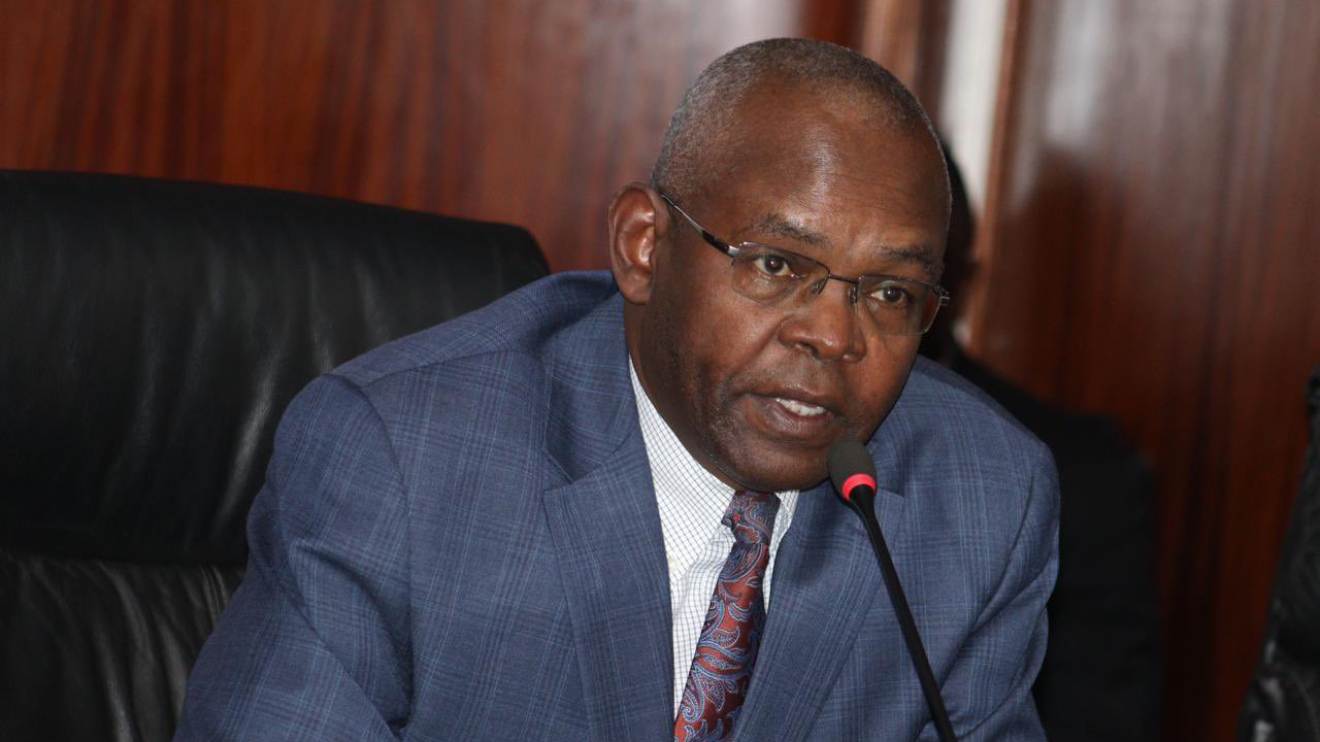In a move that will likely cement the long reign of Kenya’s top banking chiefs, Central Bank of Kenya (CBK) Governor Kamau Thugge has ruled out any immediate plans to introduce term limits for bank CEOs.
Speaking after the Monetary Policy Committee (MPC) meeting on Wednesday, Thugge firmly stated that the issue "is yet to be considered," leaving the banking sector to continue under its current structure.
At present, the absence of term limits means that Kenyan bank CEOs can serve for as long as they remain effective and are retained by their boards.
Notably, Equity Group CEO James Mwangi has been at the helm for over 15 years, while Co-operative Bank CEO Gideon Muriuki has led for an impressive 19 years.
Their extended tenures stand in contrast to chairpersons and independent directors, whose terms are capped at five and eight years, respectively.
Read More
The idea of limiting CEO tenures is not new; former CBK Governor Patrick Njoroge first floated the concept during his tenure.
His proposal aimed to refresh leadership at the top by injecting new blood into bank management and improving governance standards.
Despite its potential impact, the initiative never advanced beyond the discussion stage, and no formal changes were made.
While the private banking sector continues with unlimited CEO terms, public sector corporations face much stricter rules.
Executives of parastatals like KenGen and Kenya Power are bound by a six-year limit, split into two three-year terms, ensuring regular leadership transitions.
With Thugge’s recent statement, any hopes for enforcing a time limit on bank chiefs seem distant, allowing some of the country’s longest-serving CEOs to continue leading the financial sector for the foreseeable future.
For now, the conversation around term limits remains shelved, leaving Kenya’s banking landscape unchanged.











-1757457290.jpg)
